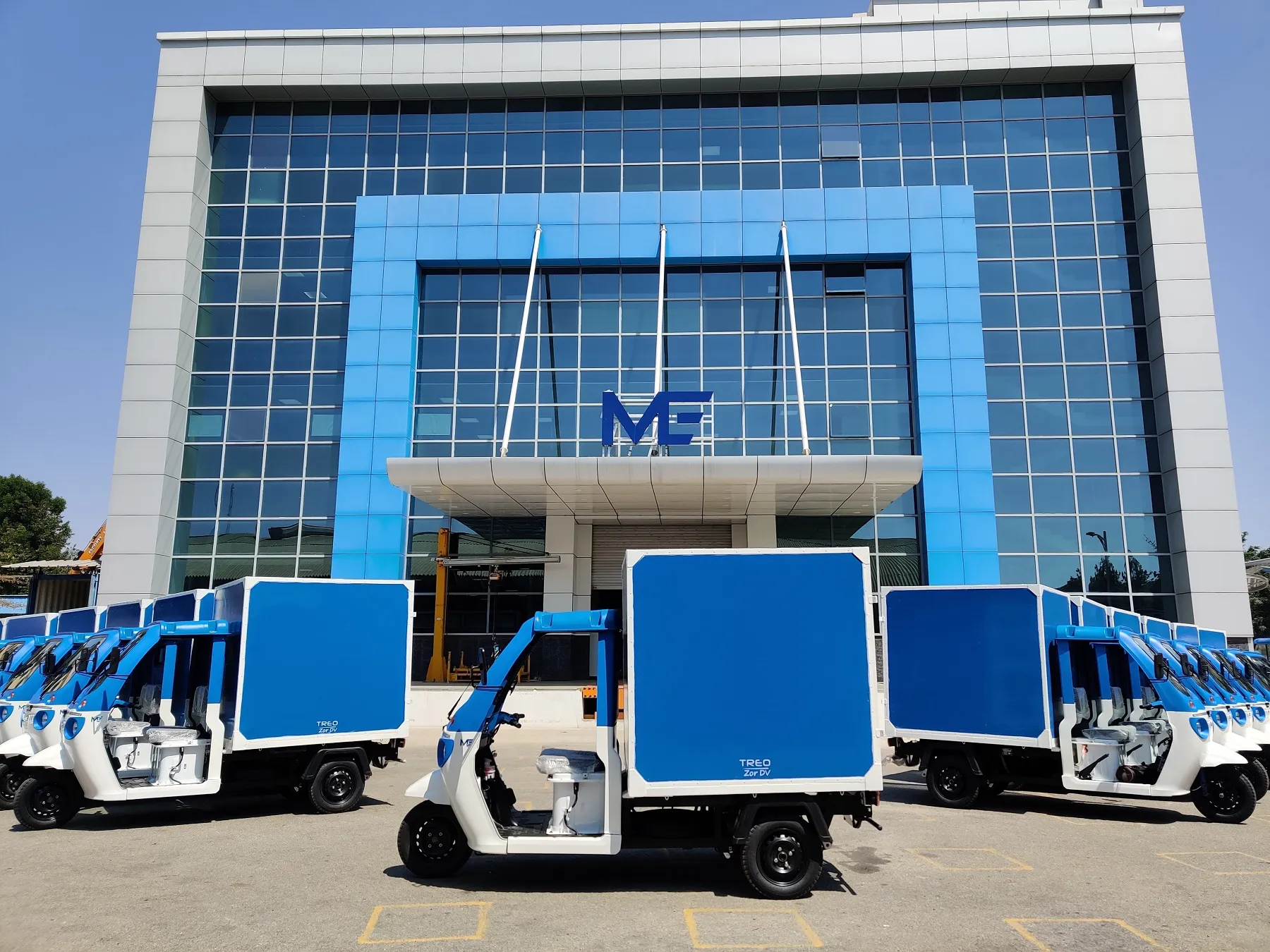The Energy Efficiency and Conservation Authority (EECA) will provide a $763,000 grant to Wellington, New Zealand, to convert 50 former trolley buses to battery power. The initiative supports the Greater Regional Wellington Council's ambition to run a fully electric fleet on its Metlink service. EECA is a government agency which works to improve the energy efficiency of New Zealand's homes and businesses. Bus operator NZ Bus will install fast-charging stations for its former trolley buses at depots in the
August 13, 2018
Read time: 1 min
The Energy Efficiency and Conservation Authority (EECA) will provide a $763,000 grant to Wellington, New Zealand, to convert 50 former trolley buses to battery power. The initiative supports the Greater Regional Wellington Council's ambition to run a fully electric fleet on its Metlink service.
EECA is a government agency which works to improve the energy efficiency of New Zealand's homes and businesses.
Bus operator NZ Bus will install fast-charging stations for its former trolley buses at depots in the city's Karori and Kilbirnie suburbs.
The converted trolley electric buses are expected to be operational in January 2019.







